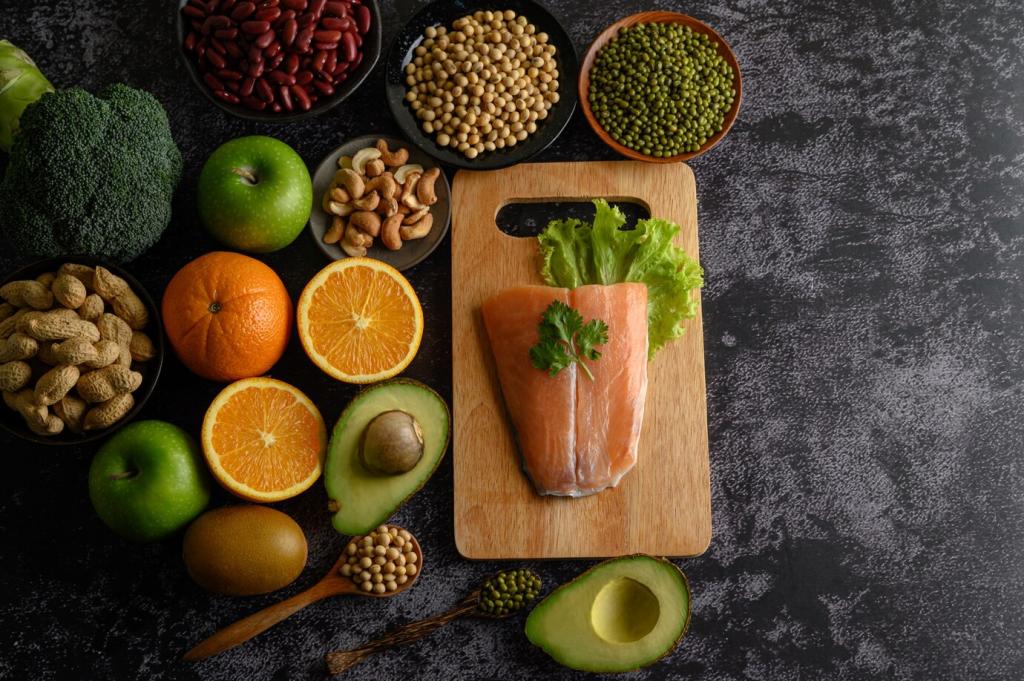Dietary Fats: Endurance, Hormones, and Long-Game Energy
Too little dietary fat can disrupt hormones, undermine recovery, and sap motivation. Adequate fat intake helps maintain energy availability, keeps training consistent, and supports mood. Protect performance by embracing diverse sources, not fear, when building your daily fueling foundation.
Dietary Fats: Endurance, Hormones, and Long-Game Energy
Omega-3 fats from salmon, sardines, walnuts, or algae can support recovery and joint comfort under heavy workloads. Incorporate them regularly, not just during peak weeks. Over time, athletes often report smoother sessions, better focus, and fewer post-training aches that derail momentum.
Dietary Fats: Endurance, Hormones, and Long-Game Energy
Before intense sessions, keep fats modest for quicker digestion. Outside the training window, enjoy avocado, olive oil, nuts, seeds, and quality dairy. This strategy keeps you explosive when needed while nurturing long-term health—an athlete’s best competitive advantage.
Dietary Fats: Endurance, Hormones, and Long-Game Energy
Lorem ipsum dolor sit amet, consectetur adipiscing elit. Ut elit tellus, luctus nec ullamcorper mattis, pulvinar dapibus leo.









